Winter of Discontent: An interview with Ibrahim El-Batout and Amr Waked
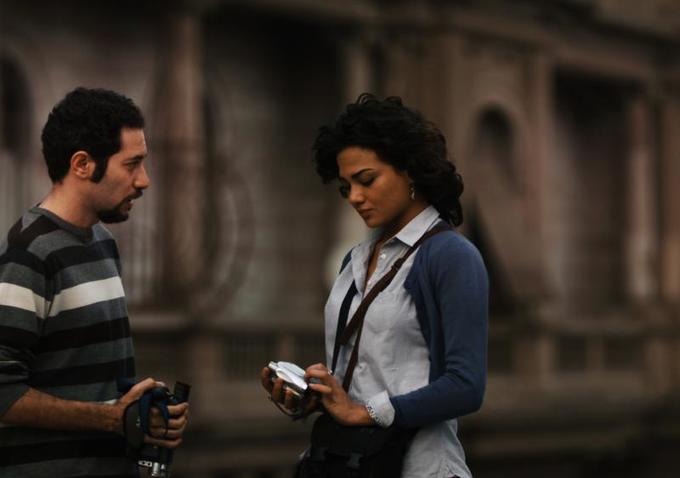
Winter of Discontent is a story detailing the horror of the recent Egyptian revolution, and how a country was held hostage by its own secret police force.
Director Ibrahim El-Batout and lead actor Amr Waked discuss the inspiration behind the film, and how the revolution has affected the nation’s creativity.
Ibrahim El-Batout, as much of your previous work connotes, you are not unfamiliar with the concept of rebellion and war. Why did you feel so compelled to tell this story onscreen?
Ibrahim El-Batout: Basically, after spending 18 years covering 12 wars, I was burned out and unable to function. So I had to invent a solution: to go back to Egypt and consider it a safe haven and engage in a totally different routine of making no-budget fiction films. No budget because all I had was my camera and my ability to shoot and edit.
I managed to make three films between 2004 and 2011 called Ithaki, Eye of the Sun and Hawi. Every film I made helped me integrate back into (normal) society – it was a very healing process for me because the three films had a personal element, so instead of sharing my issues with one psychologist I was sharing them with countless viewers. Instead of travelling back and forth between different war zones I started travelling with my films to different festivals, which helped me gain a different world view. I always knew that Egypt had a different type of war simmering; a war against poverty, oppression, ignorance and long years of negligence on all levels. What I did not know was how soon that war would erupt. I had the choice of staying in Cairo or attending the world premiere of my new film Hawi at Rotterdam Film Festival. I chose to leave.
I returned on the ninth evening of the revolution, and went to Tahrir square on the tenth. I had never seen this look of determination in my fellow Egyptians’ eyes and I immediately knew that change had already started to happen, and that I had to make a film. So I called Amr Waked and asked him if he was interested – he came to the square two hours later with the crew and we started shooting the first scenes around sunset.
I wanted to do a film about someone who could not join the masses – it is the story of my brother that I could not tell before. I was injured in Bosnia in 1993 while working for German TV ZDF. The Egyptian security police got the news, thought I was fighting and not filming, and put me on the blacklist for arrest upon arrival in Cairo. They asked my father about me and I knew that I could not come back to Egypt, then three years later, when my brother returned to Cairo, he was arrested at the airport and delivered to Security Police headquarters where he was kept blindfolded and tortured for 15 days before we managed to get him out. They took me off the blacklist later on and I came back to Cairo mid-1996. They started long investigations, apologised for what they did to my brother and advised me that the story had to remain untold. So the minute I got the chance to tell the story, I did.
How close were you to the combat in Egypt? Did your experiences influence your approach to the film?
IEB: There were many days were I was very close to the fighting in the streets, but as an Egyptian and not as a film-maker. I had to isolate my film from what was happening in the streets, because I knew I wasn’t making a film about the revolution.
What did you find most challenging about this project?
IEB: Staying focused regardless of what was happening in the streets while we were making the film.
You tend to combine fiction with documentary elements in your films. Why do you consider this the best form of storytelling?
IEB: I don’t consider it the best form of storytelling – I am still affected by the documentaries I made and I am discovering the style that fits the stories I want to tell best.
Amr Waked, how were you approached about the project?
Amr Waked: I was first approached by Ibrahim El-Batout over the telephone on 10th February 2011. He asked me if I wanted to do a film about what was happening and I said yes. I gathered a camera and few lenses and went to meet him in Tahrir Square (accompanied by my co-star Salah Alhanafy, and Victor Credi, the director of photography), where El-Batout told us the general storyline. Together with Farah Youssef [also starring], we began filming the end sequence of the film.
Where you or anyone close to you affected by any of the police brutalities? Did this affect the way you portrayed your character onscreen?
AW: We filmed a few interviews of people who were detained by state security. Some of them explained how they were mistreated, and others how they were brutally tortured. The interview in the film is with Ibrahim’s brother sharing what really happened to him. It was very painful to comprehend the trauma that he went through, but ironically, this was one of the most inspiring elements in portraying the character. The truth was there. It was essential for me to understand who Amr was in a real context.
What did you find most challenging about your character?
AW: The most challenging part of the character was transferring from the pain, the suffering and the misery to a bitter joy of hope – a careful one that heeds every step. A hope protected by its own persistence.
As an actor, do you feel the revolution affected the creativity of the Egyptian populace? Are we to see a renaissance in Egyptian culture and art?
AW: The revolution is an enormous cause that affects everyone around it. Artists have been the first to manifest an effect caused by the revolution. Egyptian streets and squares were full of all forms of artistic expression during the first 18 days and regularly thereafter. I was affected by it, I believe. Maybe it hasn’t opened all doors yet, but it definitely gave us a good reason to continue expressing ourselves as freely as we want, and to expand our limits regularly. It is a good start I think.
Jack Hill
Winter of Discontent is in select cinemas now.
Watch the trailer for Winter of Discontent here:


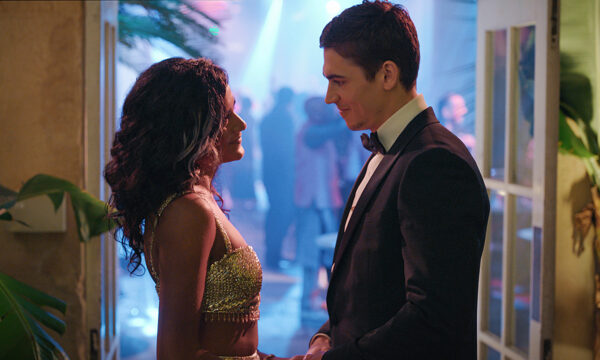
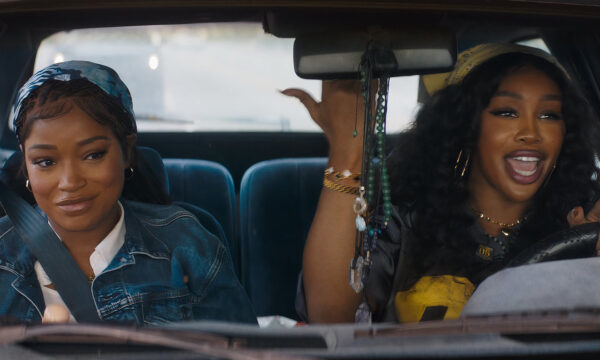
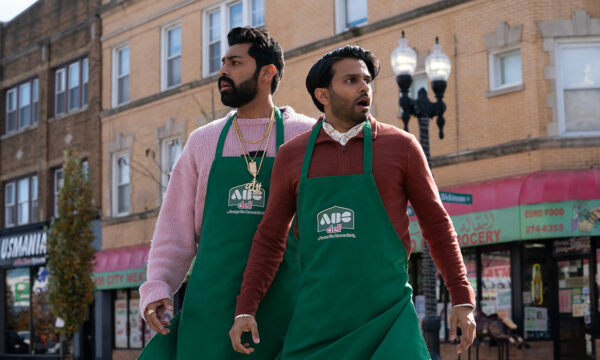
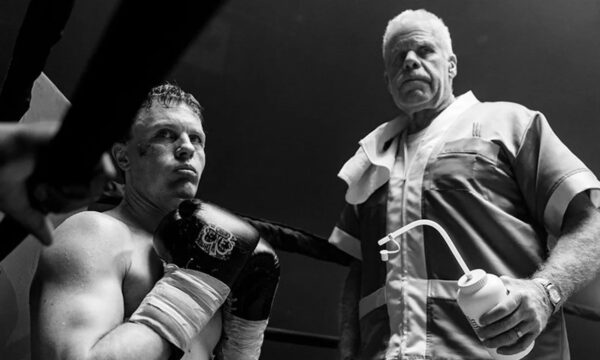
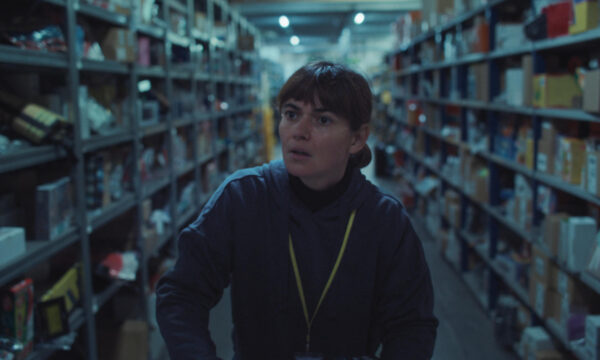
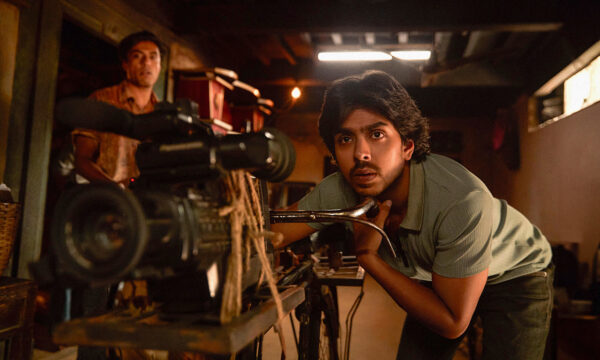
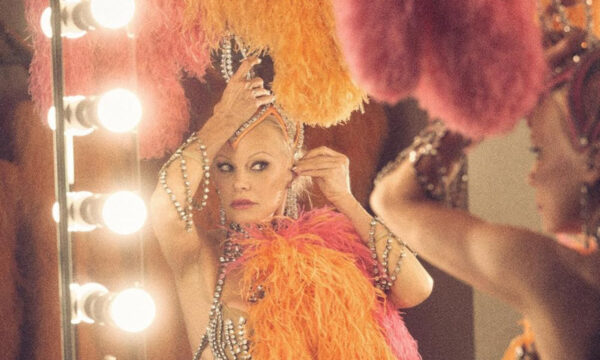
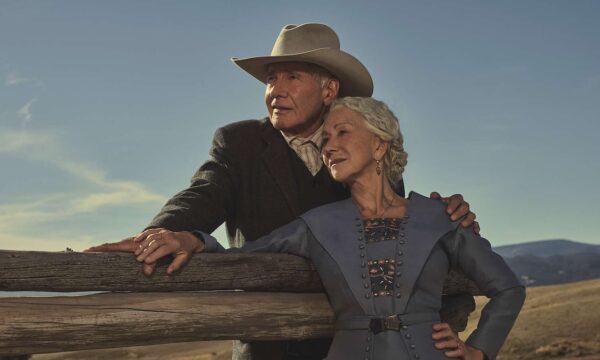









Facebook
Twitter
Instagram
YouTube
RSS